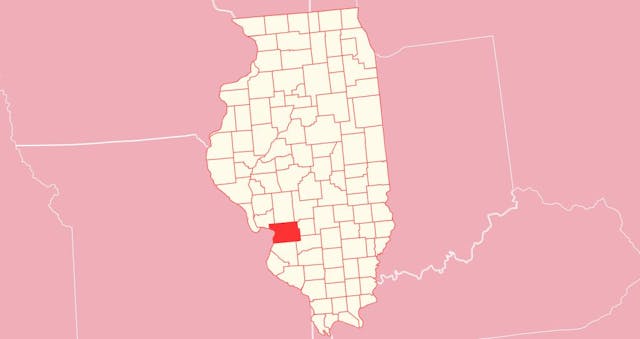Rehabs in Madison
Madison County is located in the U.S., State of Illinois. The county seat is Edwardsville. In addition, the largest city in this province is Granite City. As of the 2020 census, the population is 264,776.
As it is clear, Madison’s population is high. Therefore, various issues occur due to the population number. One of those problems is connected with substance abuse. In 2018, this region was one of the contributors to opioid overdose deaths in the whole state. Rehabs in Madison County are there to help people with substance addiction.
Alcohol and Drug Abuse Evaluation
Drug and alcohol abuse evaluations are standard processes in addiction recovery centers.
Generally, evaluations are important for the upcoming therapy. Thus, one should pay attention to all stages of evaluations. Specifically, there are two main stages. The first phase is screening. During the screening, the experts find out if the patient has an addiction issue or not. In general, the answer is “yes” or “no.”
Afterward, if the presence of the issue is approved, the next stage comes. The latter is called assessment. It helps to define the type of problem. Later, the experts offer a treatment plan.
Types of Rehabs in Madison County
Recently, the problem of substance dependency in the U.S. has become an important matter. Thus, many residents need assistance when it comes to substance treatment.
The centers offer services such as:
Medical detoxification
Inpatient/Outpatient treatment
Assessments
Group/individual advising
Family counseling
Besides the services, it is also important to have options regarding recovery institutions. Thus, there are several types of such organizations in this region. Those are:
The clients should check the websites for more details. Specifically, they must pay attention to rules and laws.
Inpatient and Outpatient Programs
When it comes to addiction recovery, it is important to choose the program wisely. Trying to find out the needs of the client's organism is the most suitable way to select the program. In general, inpatient and outpatient programs are the most common types.
When receiving outpatient care, people can stay home and regain their health in comfort. In addition, those services cost less most of the time. However, inpatient programs are more expensive. The patients stay at the facility all day long under medical supervision. While receiving care, the clients can focus only on their health.
Luxury Rehabs
In most cases, there are two types of recovery institutions. Those are standard and luxury facilities. The latter offers upscale services. Thus, the fee for entering luxury establishments is high. This means that the patient needs to have finances before applying.
Moreover, beds are limited here. Thus, make sure to apply soon to receive treatment.
Some celebrities get cured in luxury facilities as well. As a result, all kinds of information are confidential.
As mentioned, the services offered in such institutions are superior. Some of them are:
Music/art therapies
Yoga
Meditation
Mindfulness
Nutrition and fitness counseling
To participate in those activities, the client should pay $30,000-$100,000 per month.
Payment Methods
Payment methods for entering a recovery center differ. In addition, the amount of money depends on the facility. However, in most cases, standard facilities charge $5,000-$20,000 per month. Furthermore, patients can pay the fee via cash or credit/debit cards.
Also, there are many options available for those who have hardships with their finances. If one does not have enough finances to pay, he/she can use insurance coverage. Specifically, the most common insurances are:
Military insurance
Private insurance
Medicare/Medicaid
State scholarships/grants
It is better to check if the chosen facility accepts the insurance before applying.
Forcing Teens Into Rehab
In recent years, alcohol and drug misuse has become popular among teenagers. In addition, as of the 2015 YRBS report, 61% of high school students in Illinois tried marijuana. This means that the issue should be managed soon.
Forcing children to act against their will is not a proper decision. However, in some cases, it is legal to force children into therapy. The only case is if they are under 18 years old. Yet, before forcing, the specialists recommend communicating with teenagers. The parents must first explain the real causes of substance misuse.
Some rehabs have special teen programs as well as family support to help them overcome addiction.

